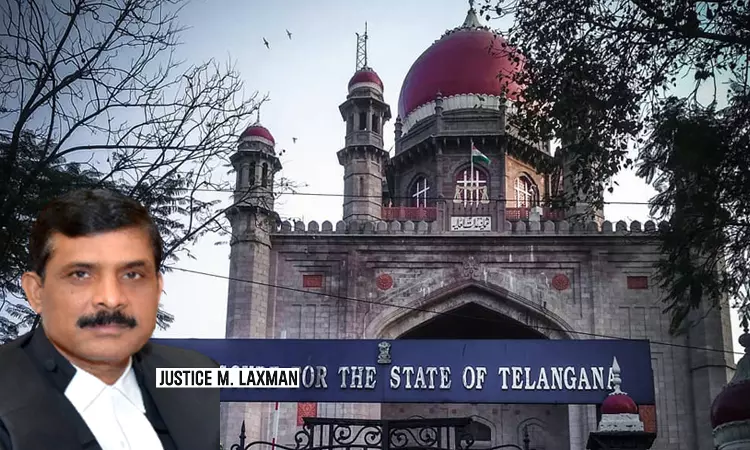PMLA | 'Reason To Believe' Can't Be Mere Suspicion, Require Sufficient Evidence: Telangana High Court
Fareedunnisa Huma
26 Aug 2023 11:00 AM IST

Next Story
26 Aug 2023 11:00 AM IST
The Telangana High Court has held that to constitute the offence of money laundering, the Enforcement Directorate (ED) must prove a reasonable basis to believe that the offence has been committed and generation of direct or indirect crime proceeds as a result of criminal activity which can be related to the offence.Justice M. Laxman added that the phrase 'reason to believe' enshrined in...
